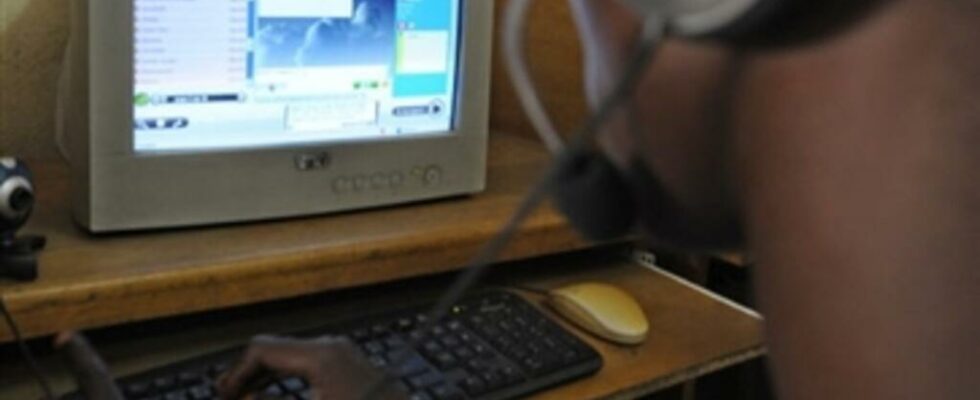Located about 200 kilometers west of the capital, Nairobi, the small town of Mulot has become a hotspot for Kenyan crime, according to an investigation by telecommunications operator Telco. His specialties? SIM card theft and identity theft. Every year, millions of shillings are diverted there, according to the document.
2 mins
with our correspondent in Nairobi, Gaëlle Laleix
After having been, due to its position at the crossroads of two counties in the west of Kenyaan important center of commerce, the small rural town of Mulot gradually became a place for SIM card trafficking before evolving into online fraud. In a country where most financial transactions are done by digital transfer, the business quickly proved very lucrative.
The scam, which consists of usurping the identity of users of telecom operators to access their digital wallets, is based on the corruption of some of their employees. The latter then provide the data collected to the small hands of Mulot’s IT department, themselves recruited by agents whose bosses are at the head of what we call a “cartel”. According to a report by the National Crime Research Centre, identity theft scams account for more than a quarter of cybercrime cases in Kenya and millions of shillings in losses for users.
Cybercrime training centers
In Mulot, the sector is so flourishing that cybercriminals have opened training centers. According to Telco, young people pay up to 15,000 shillings – around 110 euros – to learn the scam online. In order to combat this phenomenon, the Kenyan authorities have promised to build an IT industrial center on site to offer young people job prospects and an alternative to crime.
For researcher Patrick Naef, anthropologist at the University of Geneva and specialist in urban violence and crime, it is a question of “ a good idea that can become a bad idea. The riskhe explains, it is to train even better criminals than before if we are not able to offer them something in the long term. “. The project has been in the works for two years already.
Cartels are very adaptable, very diverse, and are becoming increasingly strong in the use of new technologies.
Patrick Naef, anthropologist at the University of Geneva, specialist in urban violence and crime
